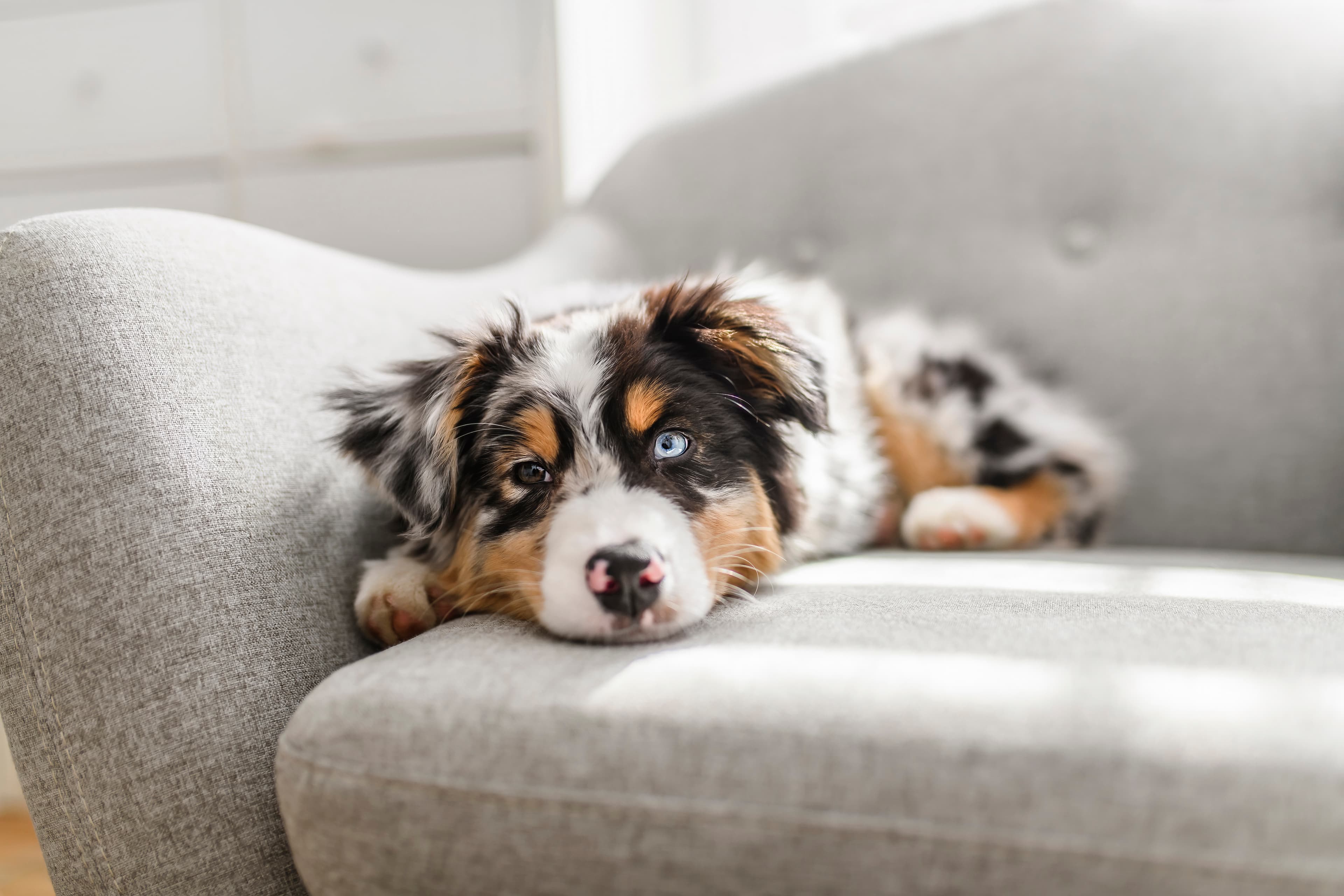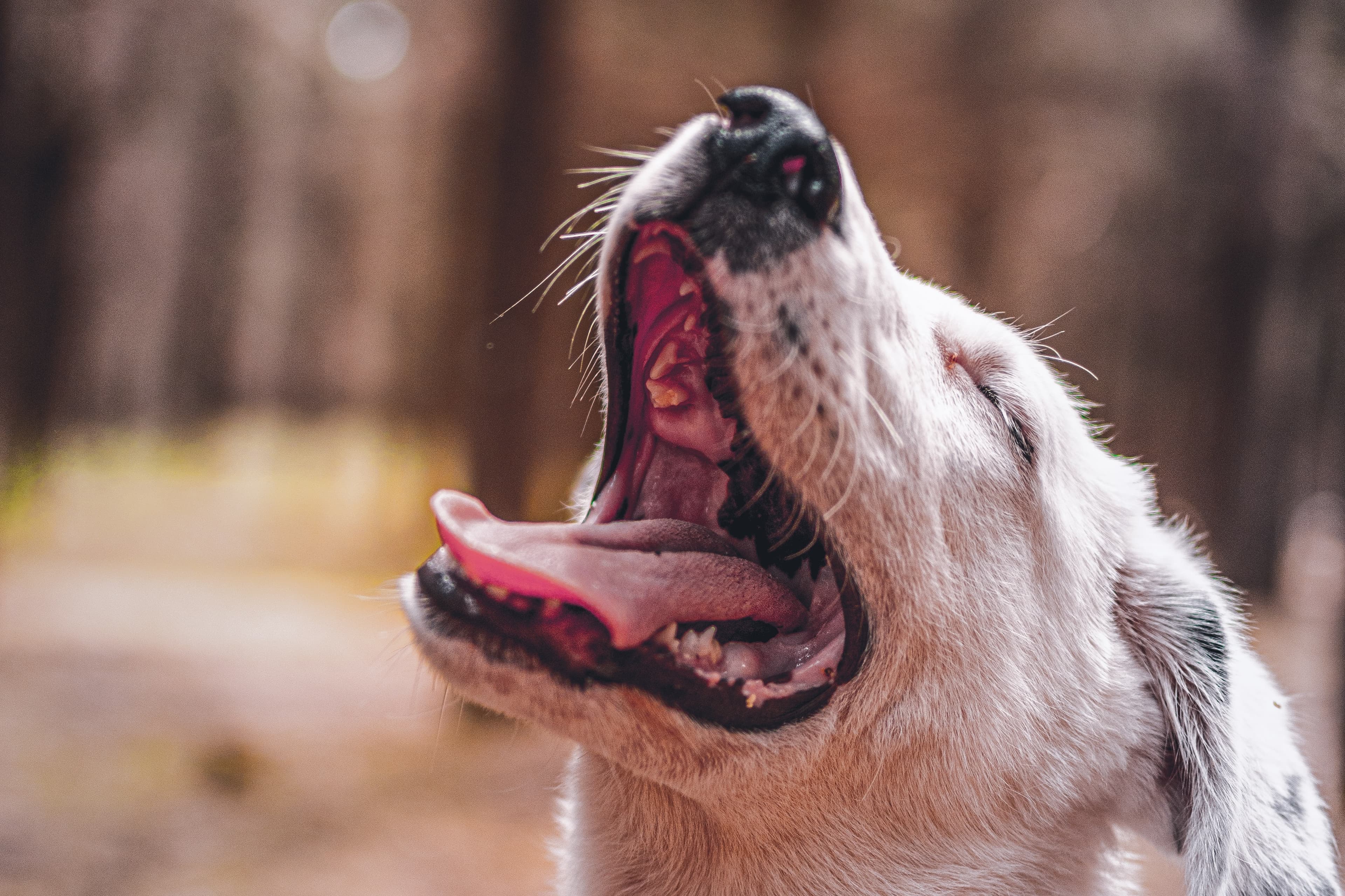How to help your puppy when parasite-caused diarrhoea
There are different types of parasites, those that are in the dog's fur or skin and those that reside on the inside of the dog, endoparasites, which reside in the dog's intestinal system, for example. Endoparasites can cause problems such as diarrhoea in dogs, and this is particularly common in young dogs.
Deworming in young dogs
It is more common for young dogs to be affected by parasites than older dogs. It is therefore important to ensure that a deworming programme has been followed in the young dog. Despite previous deworming, dogs can still suffer from diarrhoea caused by parasites. The most common cause of persistent diarrhoea in young dogs, despite deworming procedures, may be Giardia.
If your puppy has vomiting and/or diarrhoea
Puppies are much more sensitive to vomiting and diarrhoea than large dogs are. This is because puppies can get sick very quickly if they become dehydrated or have low blood sugar - which they can if they have diarrhoea. So don't hesitate to contact a vet for advice if your puppy has diarrhoea. If it's obvious that your dog is unwell, go to the vet.
Giardia
Giardia is a common and infectious endoparasite, especially in young dogs. The parasite occurs in both healthy and sick dogs. It often appears in connection with stress, sudden changes in food or intestinal disturbances due to other causes. It is therefore not uncommon for Giardia symptoms to flare up during the stress of moving a puppy to its new home. Giardia lives in the dog's intestines and can cause diarrhoea, other symptoms include weight loss and sometimes vomiting. The parasite is spread by the secretion of cysts in the dog's faeces.
What should I do if my dog gets Giardia?
If you suspect that your dog has Giardia, he should be examined by a veterinarian for proper treatment. Unfortunately, Giardia is an intestinal parasite that can be difficult to get rid of. Therefore, in addition to treating the dog, you should also sanitize the home. This is what you should do if your dog is affected by Giardia:
Treat the dog as recommended and prescribed by the vet
Shampoo the dog
Clean the home, scrubbing surfaces with soap and water, for example, to ensure that all residual faeces are removed
Wash textiles such as sleeping mats and blankets in the washing machine at 60°C
If you have textiles that can't be washed, you can also put them in a freezer at -20°C for a week
Wash your dog's food and water bowls in the dishwasher
Provide probiotics to the dog to support the intestinal tract






